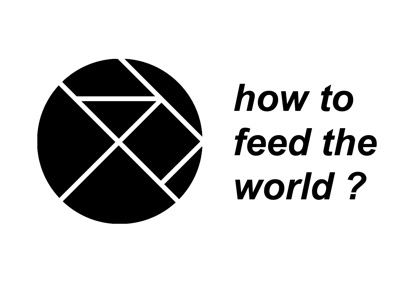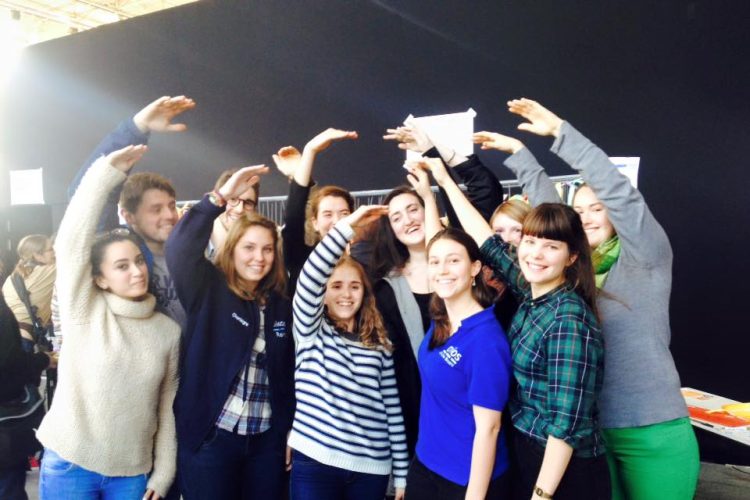Abstract Africa’s most populous country, Nigeria, is home to millions of smallholder farmers who, due to low economies of scale, have some of the lowest yields in the world,...
test [download id=”17449″] https://oikos-international.org/wp-content/uploads/2015/06/2017_SE_free_case_Fresh-Truck_Case.pdf
Abstract Timbaktu Collective is a non-profit organization in southern India, working for the sustainable development of rural communities with an emphasis on ecological principles and social harmony. One of...
Abstract The case study is based on a dilemma faced by IFC, one of the financing arms of the World Bank Group, on whether it should release its next...
Abstract Kenya Tea Development Agency Limited (KTDAL) follows a unique model under which small tea farmers are shareholders. By the end of 2013, it had around 560,000 such...
Abstract The case reviews the rise of Guayakí, a company that sells energy drinks produced with leaves from Yerba Mate trees, and a significant decision it now faces. ...
On Monday February 22nd, the Winter School team 2016 welcomed 16 participants from various countries to the Winter School on „How to feed the world?“. This first day was...
On November 26th, 2015, 14 oikos members entered the Hall 8 of the Parc des Expositions of Paris. Coming from Germany, Switzerland, France, Austria and the UK, they were...
Abstract After gaining sound work knowledge abroad, Harsha Moily (Harsha), returned to India with a clear vision to build an organisation focused on creating income-generating opportunities for rural...



